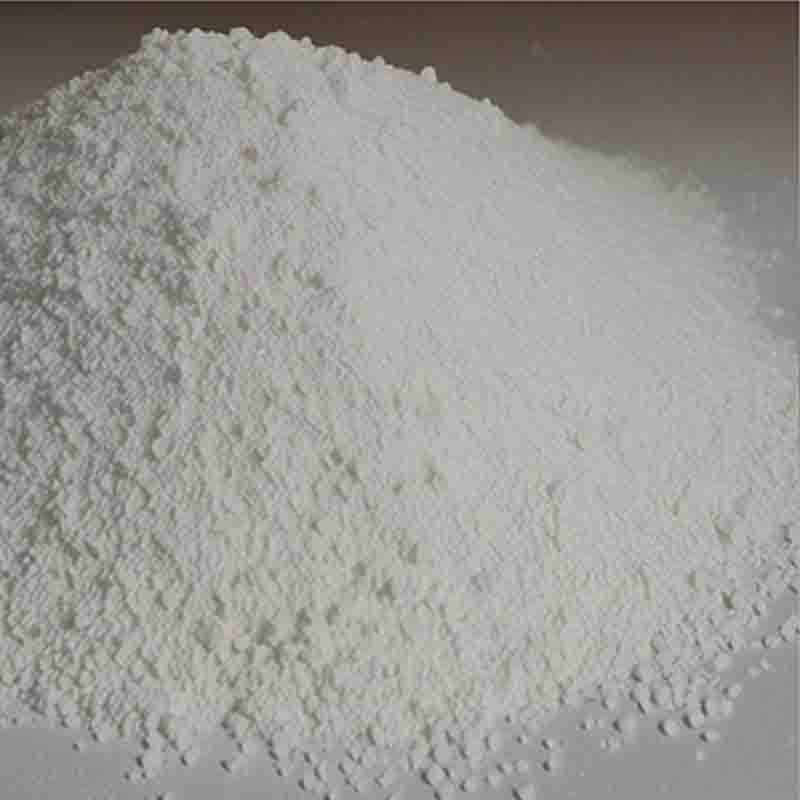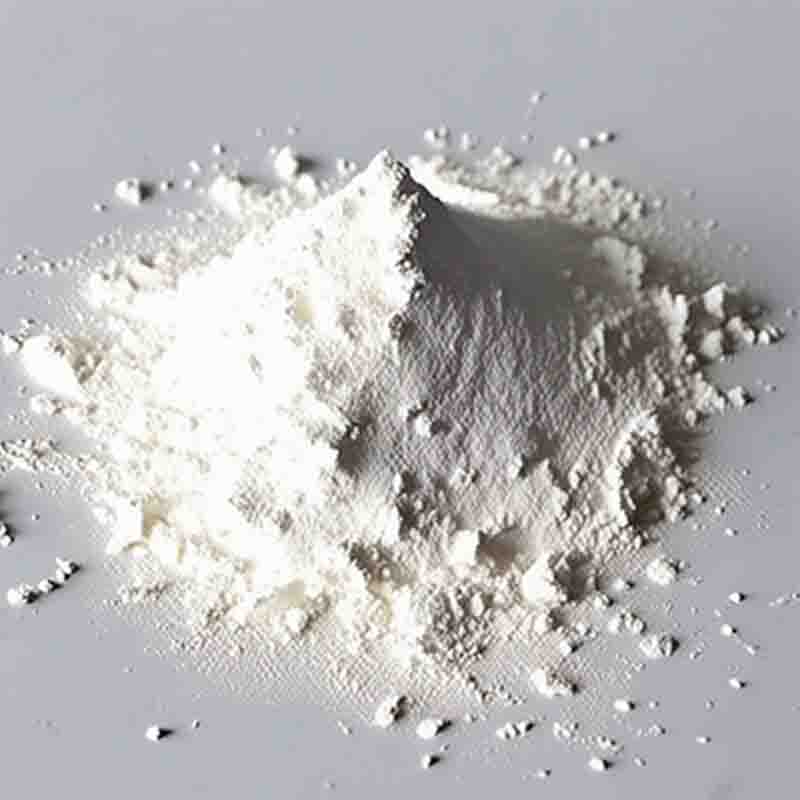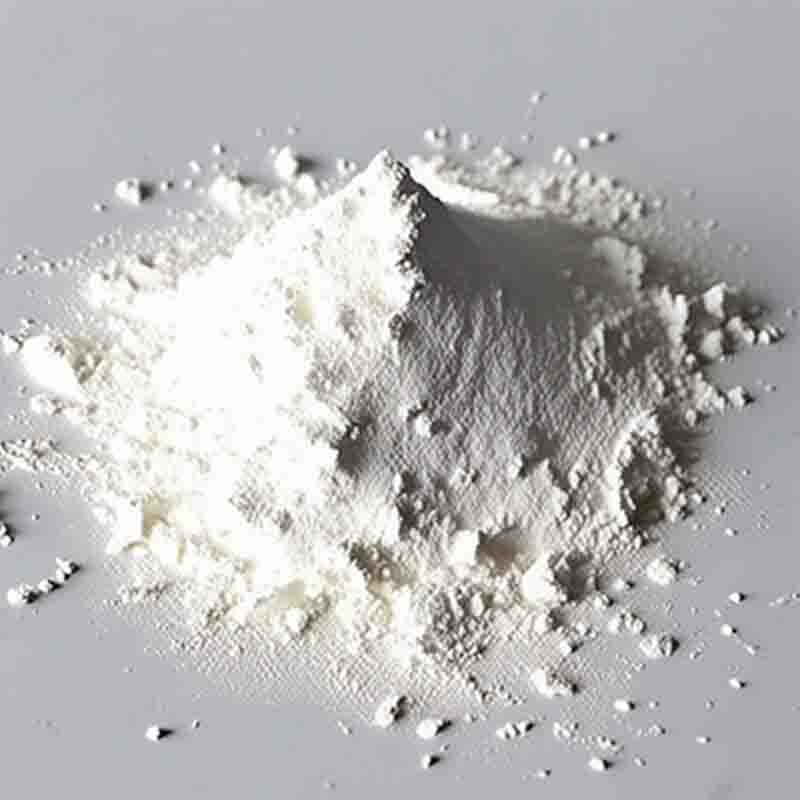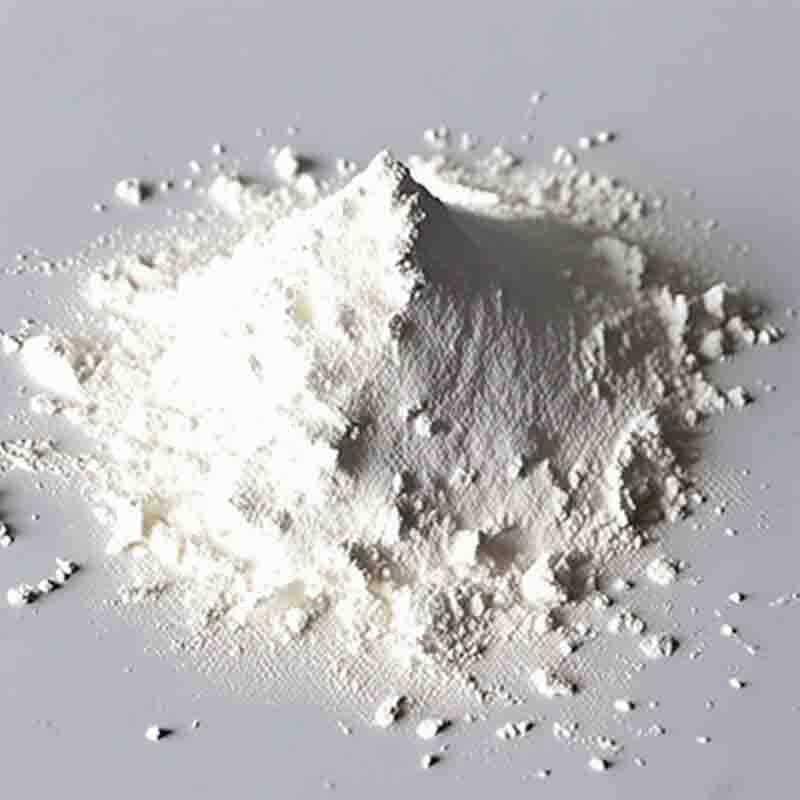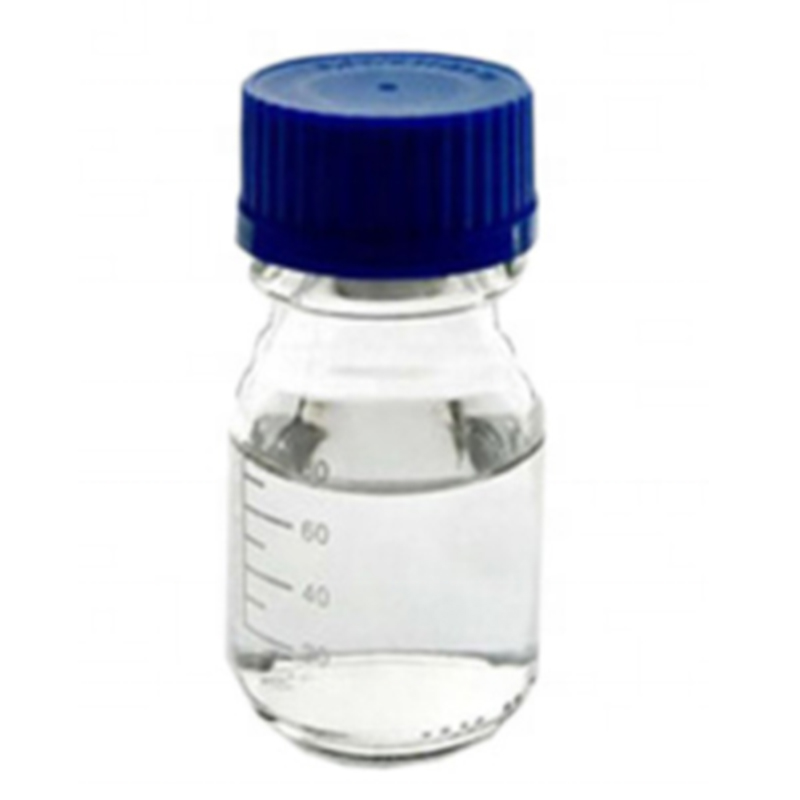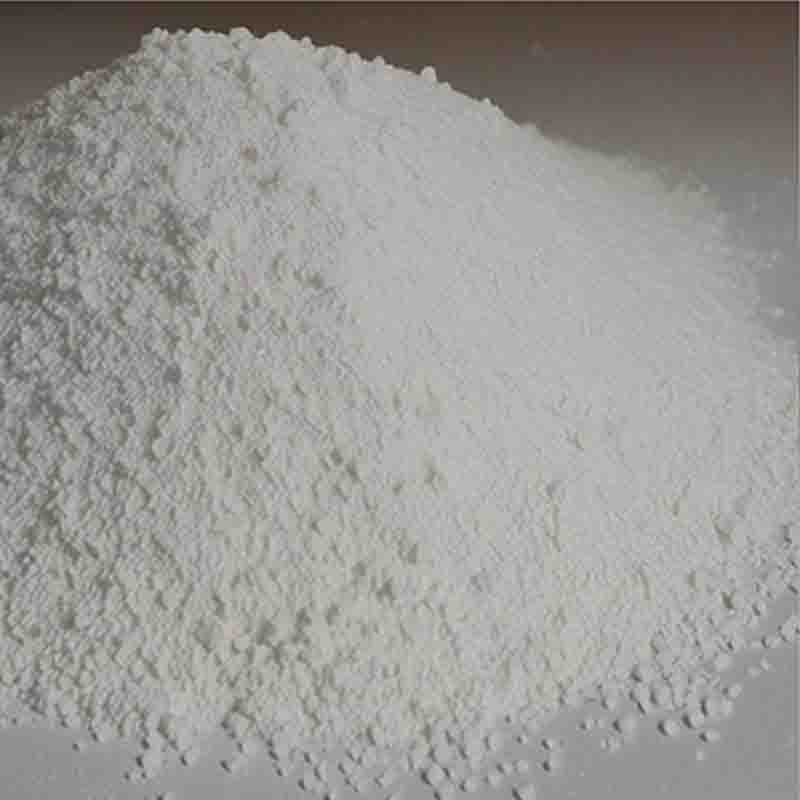S-(+)-Methyl-(2-chlorophenyl)[(2-(2-thienyl)amino] acetate hydrochloride CAS: 141109-19-5
| Catalog Number | XD93354 |
| Product Name | S-(+)-Methyl-(2-chlorophenyl)[(2-(2-thienyl)amino] acetate hydrochloride |
| CAS | 141109-19-5 |
| Molecular Formula | C15H17Cl2NO2S |
| Molecular Weight | 346.27 |
| Storage Details | Ambient |
Product Specification
| Appearance | White powder |
| Assay | 99% min |
S-(+)-Methyl-(2-chlorophenyl)[(2-(2-thienyl)amino] acetate hydrochloride, also known as S-(+)-Clopidogrel, is a pharmaceutical compound with a chemical formula of C16H16ClNO2S·HCl. It is a chiral derivative of clopidogrel, which is an important antiplatelet medication.The primary use of S-(+)-Methyl-(2-chlorophenyl)[(2-(2-thienyl)amino] acetate hydrochloride is as an active ingredient in the formulation of cardiovascular drugs, specifically antiplatelet agents. It exerts its therapeutic effects by inhibiting platelet aggregation, preventing the formation of blood clots, and reducing the risk of cardiovascular events.The compound selectively targets the P2Y12 receptor on platelets, which plays a crucial role in the activation and aggregation of platelets. By irreversibly binding to this receptor, S-(+)-Methyl-(2-chlorophenyl)[(2-(2-thienyl)amino] acetate hydrochloride inhibits platelet activation and prevents the formation of blood clots. This mode of action makes it an essential medication for preventing thrombotic events in patients at high risk, such as those with a history of acute coronary syndrome, ischemic stroke, or peripheral artery disease.S-(+)-Methyl-(2-chlorophenyl)[(2-(2-thienyl)amino] acetate hydrochloride is usually administered orally in the form of tablets or capsules. After ingestion, it undergoes a metabolic conversion in the liver to generate its active metabolite. This active metabolite binds irreversibly to the P2Y12 receptor, exerting its antiplatelet effects for an extended duration. The compound is typically prescribed once daily, either as a standalone therapy or in combination with other antiplatelet medications, such as aspirin.It is important to note that S-(+)-Methyl-(2-chlorophenyl)[(2-(2-thienyl)amino] acetate hydrochloride should only be used under the guidance of a healthcare professional, as its use may have potential


![S-(+)-Methyl-(2-chlorophenyl)[(2-(2-thienyl)amino] acetate hydrochloride CAS: 141109-19-5 Featured Image](https://cdn.globalso.com/xdbiochems/白色粉末1025.jpg)
![S-(+)-Methyl-(2-chlorophenyl)[(2-(2-thienyl)amino] acetate hydrochloride CAS: 141109-19-5](https://cdn.globalso.com/xdbiochems/粉末58.jpg)
